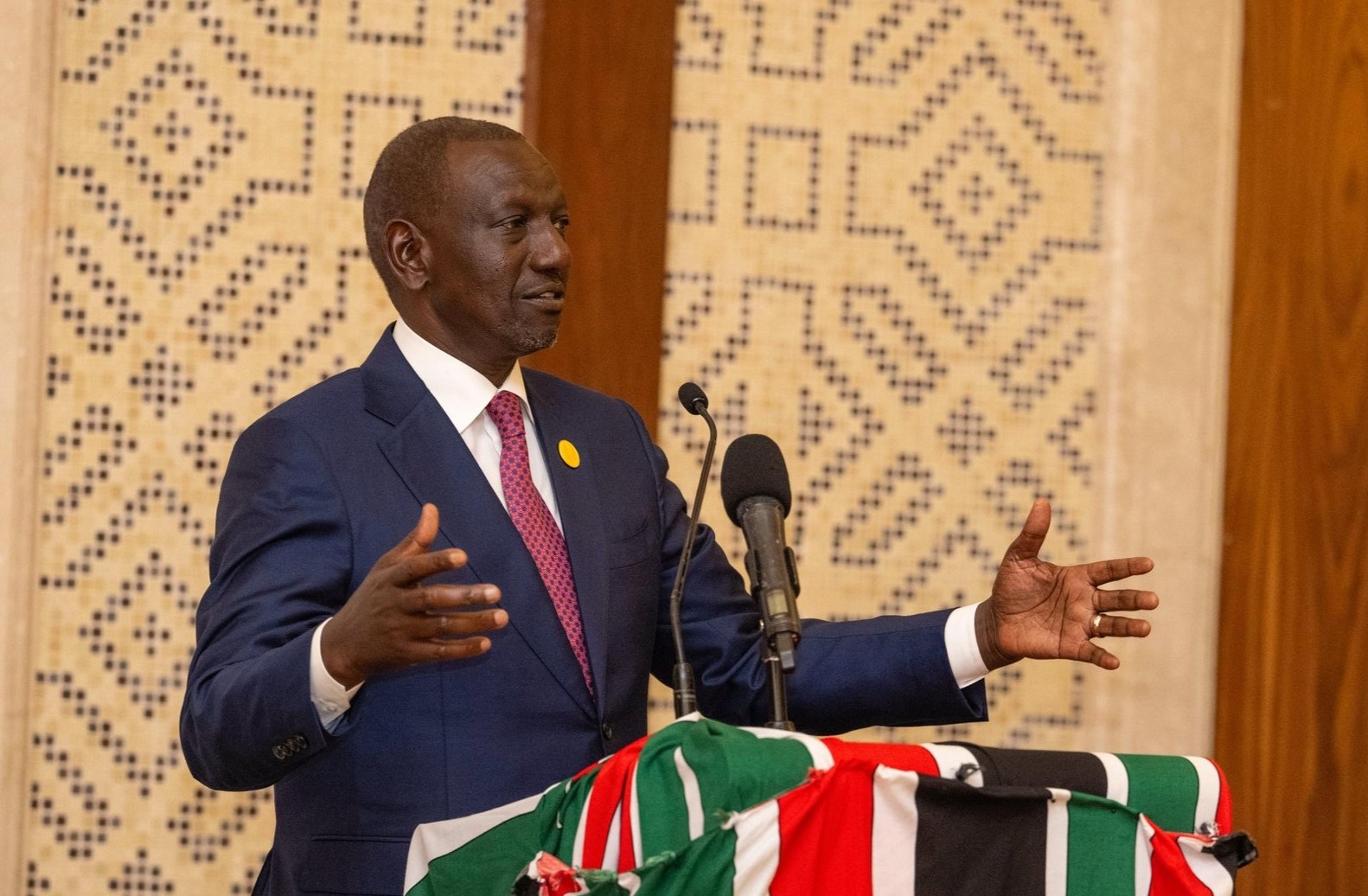Christianity is one of the most widely practised religions in Kenya, with a majority of the population identifying as Christian. However, with the rise of prosperity gospel and other manipulative teachings, the spread of Christianity has taken a dangerous turn.
Manipulative Christian teachings have infiltrated the Kenyan Church, leading to the exploitation and manipulation of vulnerable individuals.
One of Kenya's most common manipulative Christian teachings is the prosperity gospel. This teaching centres on the belief that God wants his followers to be wealthy and that faith in God can lead to financial prosperity.
Many prosperity preachers in Kenya use their positions of power to manipulate their followers into donating large sums of money in exchange for blessings and financial prosperity. They also manipulate their followers into believing that the more they give, the more blessings they will receive, leading to a cycle of financial exploitation.
Another manipulative teaching is the belief in spiritual warfare. This teaching centres on the belief that Christians are constantly engaged in a battle against evil spirits and demons.
Manipulative preachers often use this teaching to frighten their followers into believing that they are under attack from evil spirits and that they need to give money or participate in certain rituals to protect themselves from harm. This leads to the exploitation of vulnerable individuals who are desperately seeking protection and guidance.
Manipulative preachers in Kenya also use fear tactics to manipulate their followers. They often preach about hellfire and damnation, telling their followers that they will go to hell if they do not follow their teachings or give money to the church.
This fear-based manipulation leads to individuals giving money out of fear instead of faith, further perpetuating the cycle of financial exploitation.
Furthermore, the patriarchal nature of many churches in Kenya has also contributed to the spread of manipulative teachings. Women are often excluded from leadership positions and are taught to submit to their husbands and male leaders in the church. This leads to women being more vulnerable to manipulation and exploitation by male leaders.
To combat the spread of manipulative Christian teachings in Kenya, there needs to be more emphasis on critical thinking and spiritual discernment.
Individuals should be encouraged to question teachings that do not align with the true teachings of Christ and to seek guidance from reputable and knowledgeable religious leaders. Churches should also prioritise the education of their congregants and promote financial literacy to prevent financial exploitation.
In conclusion, manipulative Christian teachings have had a detrimental impact on the spread of Christianity in Kenya. These teachings have led to the exploitation and manipulation of vulnerable individuals, perpetuating a cycle of financial exploitation.
It is crucial that individuals are equipped with the tools to discern true teachings from manipulative ones and that churches prioritise education and financial literacy to prevent further exploitation.
Assistant procurement officer at The Centre for the Study of Adolescence














